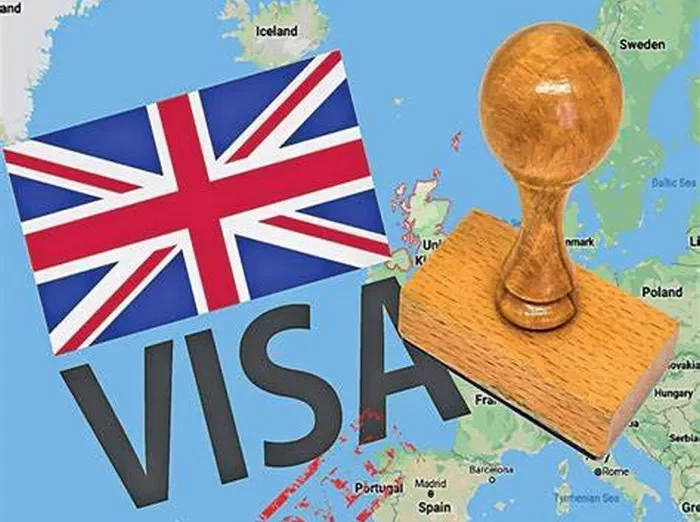In the realm of immigration law, the United Kingdom stands as one of the most sought-after destinations for individuals seeking to work, study, or settle. The UK offers a range of visa options catering to different purposes and circumstances. Among these, the concept of “restricted work” plays a pivotal role in determining the scope of employment for visa holders. In this comprehensive guide, we delve into the nuances of restricted work in UK visas, exploring its definition, implications, and how it affects visa holders and employers alike.
Defining Restricted Work
Restricted work, in the context of UK visas, refers to employment limitations imposed on individuals holding certain types of visas. These restrictions are primarily designed to safeguard the domestic labor market, prevent exploitation, and ensure that migrants contribute positively to the UK economy without displacing local workers.
Types of UK Visas with Restricted Work Provisions
Several UK visa categories come with restrictions on employment rights, including but not limited to:
Tier 2 (General) Visa: This visa category is designed for skilled workers coming to the UK with a job offer. While Tier 2 visa holders have the right to work for their sponsoring employer in the job described in their certificate of sponsorship, they may face restrictions on switching employers or undertaking supplementary employment.
Tier 4 (Student) Visa: Students pursuing higher education in the UK are granted permission to work during their studies, subject to certain restrictions. Typically, Tier 4 visa holders are allowed to work part-time during term time and full-time during vacations, with restrictions on the types of employment and hours worked.
Tier 5 (Temporary Worker) Visa: This visa category encompasses various temporary work schemes, such as the Youth Mobility Scheme and the International Agreement scheme. While Tier 5 visa holders are permitted to work in the UK under specific schemes, they may face limitations on the duration and nature of their employment.
SEE ALSO: UK ENTRY CLEARANCE VISA: REQUIREMENTS & APPLICATION PROCESS
Implications of Restricted Work
For visa holders, navigating the restrictions on employment rights can pose challenges and necessitate careful planning. Some key implications of restricted work provisions include:
Limitations on Career Progression: Visa holders may find their career advancement opportunities constrained by restrictions on job mobility or supplementary employment.
Dependency on Sponsoring Employers: In cases where visa holders are tied to their sponsoring employers, they may experience a degree of dependency and limited bargaining power in the workplace.
Compliance Obligations: Visa holders must adhere to the conditions outlined in their visa category, including restrictions on employment rights, to maintain their legal status in the UK.
Impact on Employers: Employers sponsoring individuals on restricted work visas are obligated to ensure compliance with immigration rules, including the provision of suitable employment and adherence to sponsorship duties.
Navigating Restricted Work Provisions
While restricted work provisions may present challenges, proactive measures can help visa holders and employers navigate these restrictions effectively:
Understanding Visa Conditions: Thoroughly reviewing the terms and conditions of the visa category is essential for visa holders to grasp the extent of their employment rights and limitations.
Seeking Legal Advice: Consulting with immigration lawyers or advisors can provide clarity on navigating restricted work provisions and ensuring compliance with relevant regulations.
Exploring Exemptions and Exceptions: Certain visa categories may offer exemptions or exceptions to restricted work provisions, providing opportunities for visa holders to pursue alternative employment pathways.
Building Transferable Skills: Visa holders can mitigate the impact of restricted work provisions by investing in skills development and building a versatile skill set conducive to career mobility.
Engaging Proactively with Employers: Establishing open communication channels with sponsoring employers can facilitate discussions around career progression, potential exemptions, and avenues for addressing employment restrictions.
Conclusion
Restricted work provisions form an integral aspect of UK visa regulations, serving as a mechanism to balance the interests of migrant workers, domestic labor markets, and employers. While navigating these restrictions may pose challenges for visa holders and employers alike, proactive engagement, compliance with visa conditions, and informed decision-making can help mitigate adverse impacts and unlock opportunities for career advancement and economic participation. By understanding the nuances of restricted work provisions and adopting a strategic approach, individuals and organizations can navigate the complexities of UK immigration law effectively.


